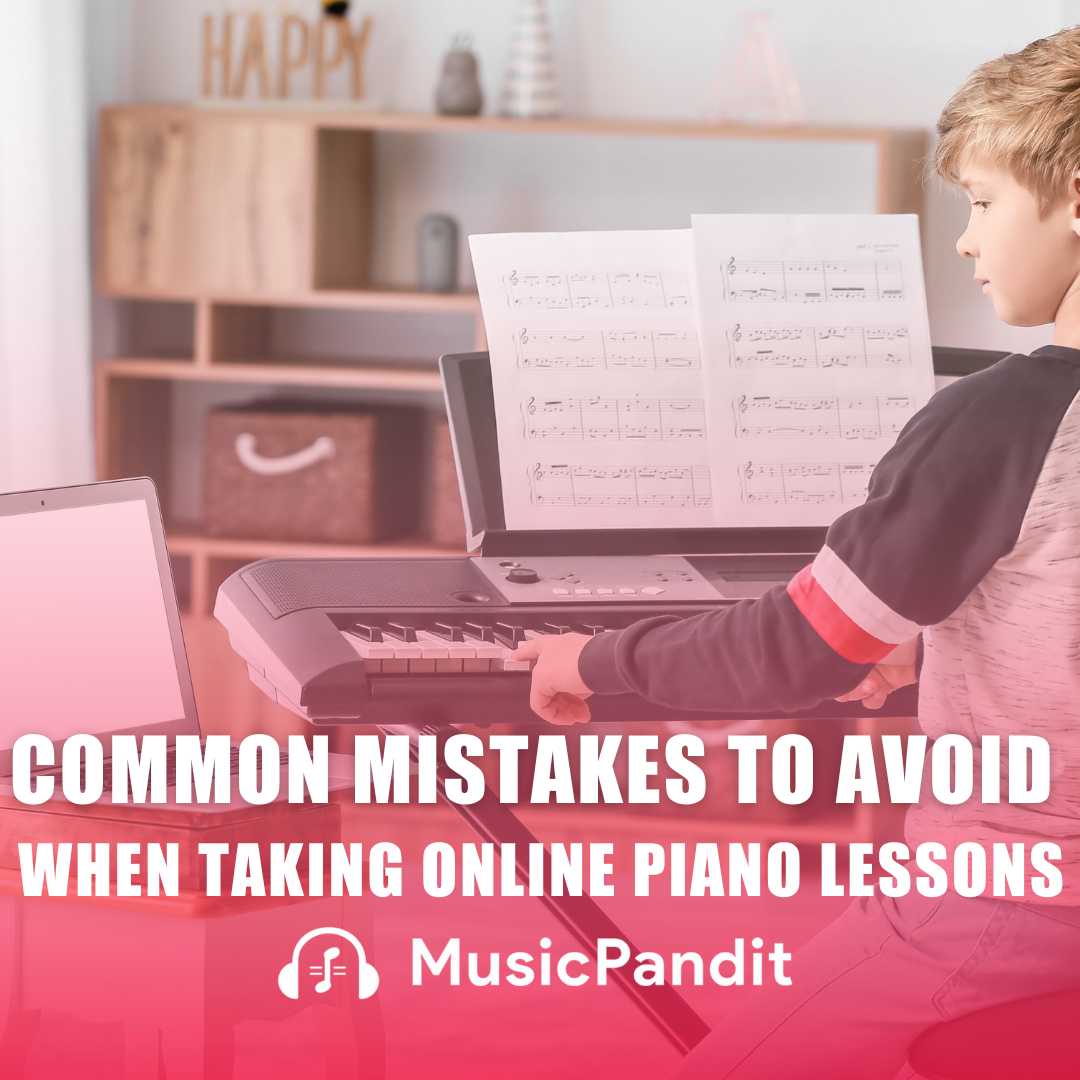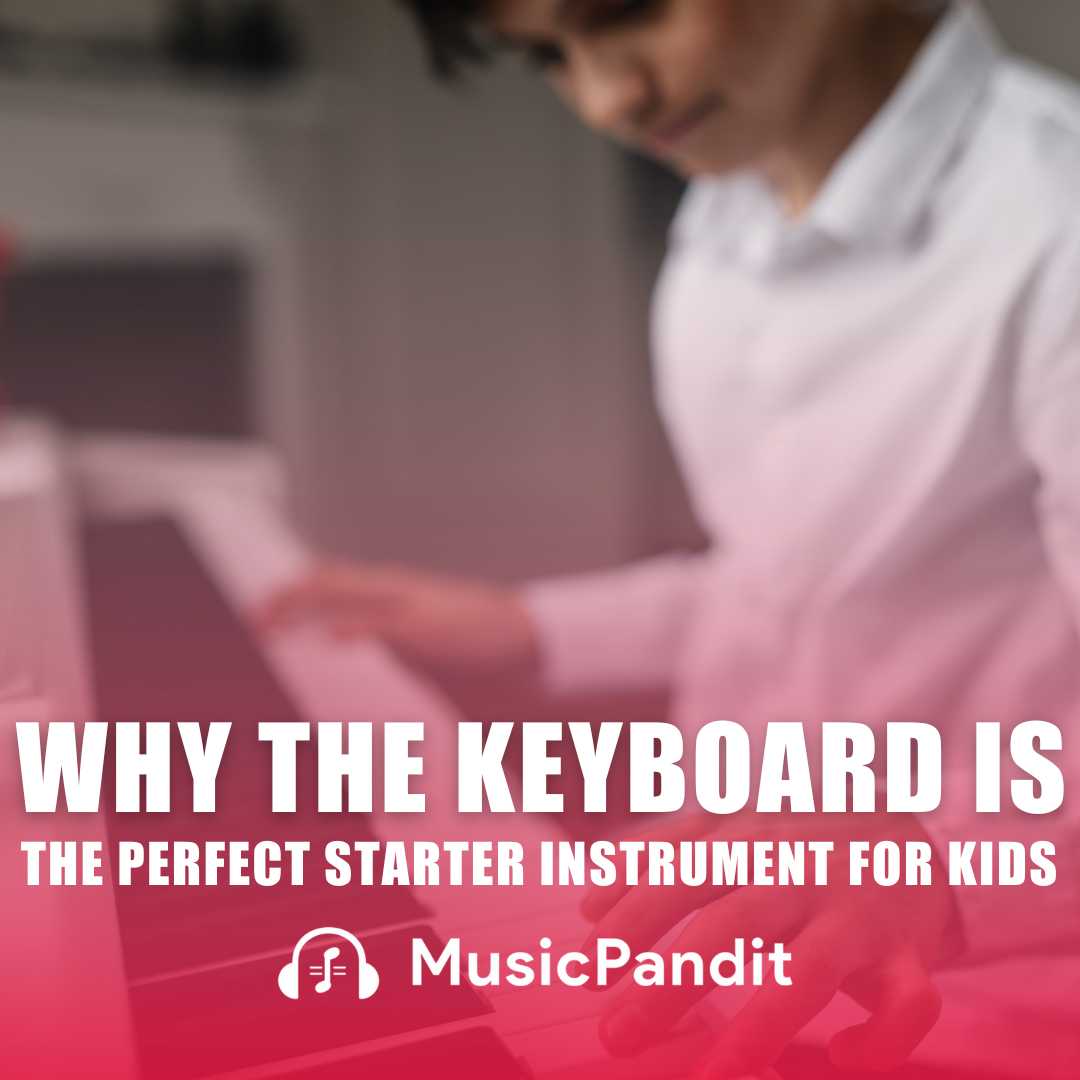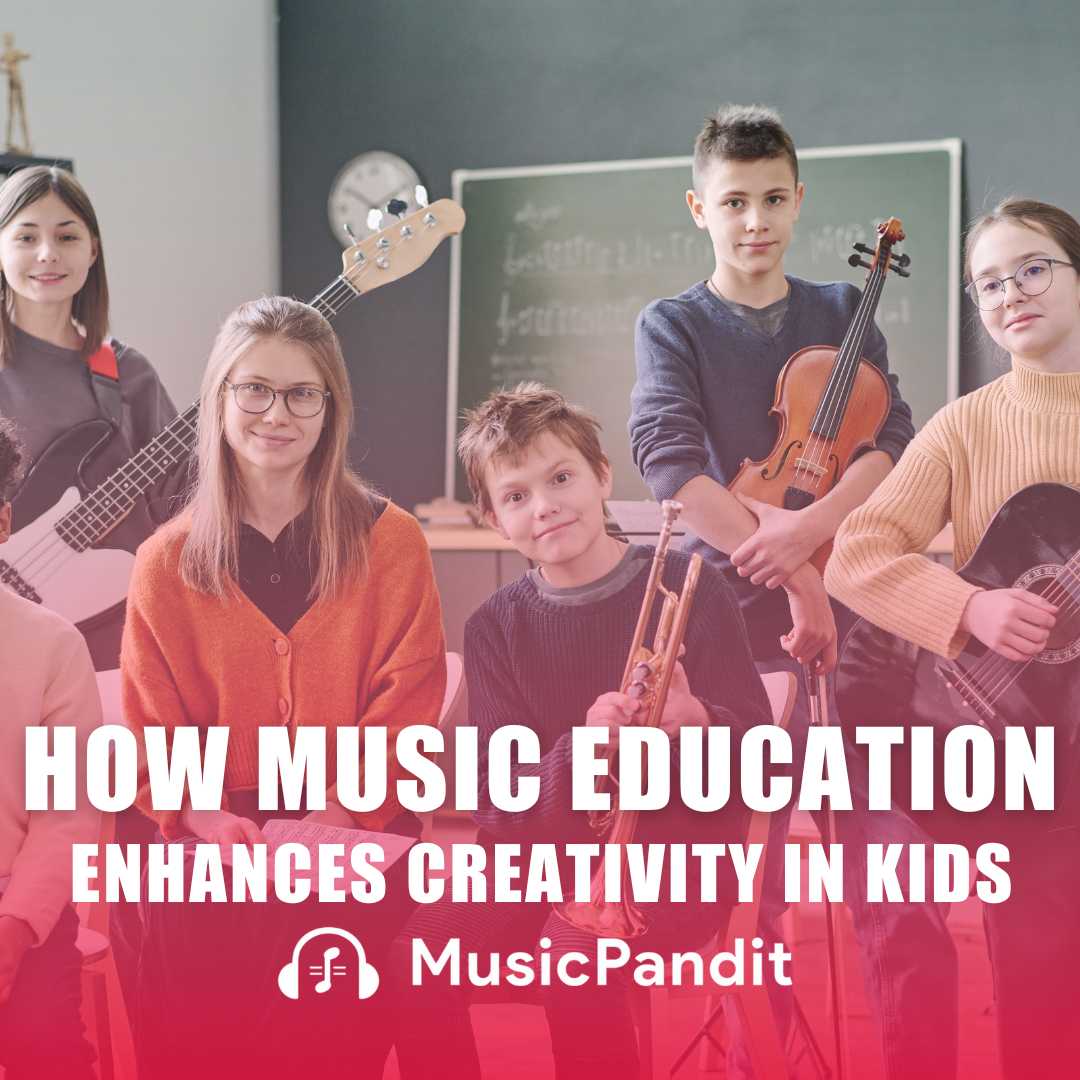During their growth, children frequently experience difficulties. These difficulties range from simple developmental delays, such as low grades or dissatisfaction with a particular topic, to more serious psychological, physical, and social diseases.
Learning difficulties, low academic performance, attention impairments, socialising issues, and even modest stress in children can cause parents concern. Fortunately, studying or learning music may help youngsters overcome these issues by providing them with several benefits.
You want the best for your children as a parent. This might take the shape of their mental, physical, or mental health. This is particularly true as they are growing up. Your children will be exposed to music and songs as they grow up, and these will become an important part of their culture.
How Does Learning Music Help Children?
Here are some of the benefits of learning music from a young age that can help children achieve their goals in the future:
Children’s Intelligence is Stimulated by Music
Music education, according to UNICEF International, helps youngsters enhance a variety of cognitive skills, including watching, investigating, listening, producing, and comparing. To put it another way, music courses allows for the gradual and purposeful formation of thinking and its many sorts of knowledge.
Music has a profound formative effect, particularly in the early years of life. Playing a musical instrument lets individuals apply their intellect to everyday tasks like writing essays or doing household duties.
It Enhances Their Capacity to Interact With Others
The capacity to socialise grows when a youngster participates in activities such as singing a song with other instruments and sharing the experience with other children.
Furthermore, studying an instrument entails a variety of activities that encourage and enable social connection, such as attending classes, practising on the instrument, and just conversing with other children about the pastime. As a result, these activities help youngsters to socialise and form bonds with individuals who have the same interests.
Musical Education Aids in the Development of Language, Reasoning, and Memory
Early musical instruction helps students develop the parts of the brain that deal with language and logic. Music helps develop the left side of the brain, and songs can assist imprint knowledge on young minds.
Even while playing with sheet music, musicians rely on their memories to perform. Memorization is a useful ability for pupils in school and afterwards.
Music Improves a Child’s Academic Achievement
Long-term memory, finger synchronisation with the eyes, and general academic success are all indicators of progress in learning capacity. Music has also been demonstrated to boost reading abilities, expand vocabulary, and make language acquisition easier.
Because their corresponding brain regions are activated, children who learn an instrument have a greater understanding of maths. As a result, young musicians get a better understanding of numbers, operations, algebraic functions, and even geometry. This translates to higher grades and a stronger desire to learn.
It Improves Child’s Self-confidence and Self-esteem
The psychological benefits are just as important as the academic and social ones. Surprisingly, music may boost self-esteem and inspire independence. Children with poor self-esteem are frequently too reliant on others. Children’s independence is boosted through musical improvisation exercises. Musical instruction can also aid in the development of independence.
Children who have been abused in any way require a lot of assistance in this area. A musical setting with a precise framework that ensures the youngster does not fail will instantly boost this individual’s self-esteem. Finally, playing their favourite music might assist them in expressing their anxieties, frustrations, and joys.
It Exposes Young Children to Different Cultures
Kids may understand how music is important in diverse cultures by learning about and playing a variety of instruments. Bongos and timbales, for example, may teach children to African and Cuban music genres. Despite the fact that the contemporary violin has Italian origins, learning to play it exposes youngsters to classical music popularized by German and Austrian players.
Violins and pianos, for example, are versatile instruments that may accompany a broad range of styles, including classical and jazz (which originated in the American South). It is critical to expose children to various cultures at an early age in order to cultivate an open mind regarding worlds and customs other than their own.
Helps the Mind and Body Function
Music has been shown neuroscience studies to improve brain function in youngsters. Musical activities (such as playing an instrument, singing, or simply listening to music) stimulate the brain, which results in enhanced brain structure as new neural connections emerge.
Playing and dancing to music, like sports, helps youngsters improve their motor abilities. Making music requires more than just your voice and fingers; you must also utilise your ears, eyes, and major and tiny muscles at the same time. This makes it easier for the body and mind to function together.
Music has a direct impact on a child’s academic performance, comprehension, socialising, self-esteem, and even IQ.
A skill to play an instrument, on the other hand, is a talent that will last a lifetime and will open up a world of opportunities for them. It will motivate them to seek activities that make them happy and to strive for self-improvement on a continuous basis. It will assist children in forming and achieving their objectives.















